When I tell non-artists that I am a professional poet, this is the gist of the conversation that typically follows:
“Really?”
“Yes.”
“You’re kidding.”
“No.”
“You can make a living doing that?”
“Yes.”
(long pause) “Huh.”
They mostly can’t think of much to say after that. I suspect they think I’m lying. A few of them ask what my “day job” is. I just told them what my day job is. I’m a poet. I do it during the day.
I know my calling, and it is to write poetry and help others write poetry. I’m not shy about sharing that writing poetry is, as we say in the parlance of the times, “a thing.” Like – a job man. A real job that includes checks and hard cash.
When people ask, “But you can’t actually make money like that?” I respond, “This is America. I know a guy with a vacation home in Tahoe who made his living marketing the pet rock.” The pet rock, I tell ya. Rocks!
Now, I know poetry has no business being compared to rocks. Rocks are infinitely more useful. They are hard and sturdy and you can use them to hold a door open, or smash an acorn or throw at a giant’s head during times of dispute. But a poem, while not nearly as functional, does have the advantage of being slightly more entertaining. And writing poems is much safer than playing a game of “throw the rock at the giant.”
The point I want to make is that this is the modern world. If you can put a price tag on it, somebody will buy it. Bottled water. Old jeans. Used condoms (if they were worn by somebody famous… don’t ask me how I know this). In Japan, you can actually make pretty good money selling ladies underwear that has been worn for a few hours by actual ladies.
People pay for what they need and what they want, no matter how ridiculous that may seem. And people need poetry. It’s not ridiculous to think so.
Since the beginning of recorded civilization, people have been writing poetry. People writing poetry is what started the record of recorded civilization. And throughout all the centuries – the wars, the famines, the invention of gas-guzzling vehicles, advent of the internet, through a million distractions, and detractions, through destitution and endangerment, through the invention of television, racket ball, and even the smart phone, people continue to write. And they still write poetry.
If it has endured this long, it is because people want it. They need it. And, in one way or another, they are willing to pay for it, the way they are willing to pay for church, or bottled water, or parking at the beach. The way we are willing to pay for anything that makes us happy, or educated, or enlightened in some way.
The trick, if you want to make a living off of being a bard, is to understand the necessity of your art. It is to understand that money itself is a kind of poetry (weird, right?), in that it is just a metaphor for value. Exchanging your services as a poet for lucre, is just a way of trading metaphors.
The trick is to know that if you value it, other people will value it too. So make poetry, share your poetry, and let those lovely little green metaphors for value flow in.
“But Tresha,” some of you may be thinking, “Will somebody pay enough for it – I mean, enough to pay my rent?”
Listen, the marketplace is full of people working jobs they love, which bring them happiness. It’s also full of people working for a paycheck, so they can use it to buy happiness later. Either way, we have people with money, and what they are going to spend it on is what will bring lasting fulfillment, which is something invisible, authentic, and soul-fulfilling.
Darwin said
If I had to live my life again I would have made a rule to read some poetry and listen to some music at least once every week… The loss of these tastes is a loss of happiness, and may possibly be injurious to the intellect, and more probably to the moral character, by enfeebling the emotional part of our nature.
It’s true, you can find millions of good poems for free on the internet. You can buy them for cheap in stores. You can recite them on the street for no overhead. You can write them yourself for the cost of paper and a pen. In that way teaching poetry, or reciting it, or in some other way “selling” it is a little like church. Church is free. Church brings people the free, beautiful, penniless word of God (God’s ghost writers were work-for-hire).
Like church, some people will expect to get it for free, but many seekers, the ones who happen to have the money and want those precious invisible things of the spirit, are happy to contribute to the building of God’s house and the survival of those who live in it. Keep actively looking, and you’ll find those who will buy the book or pay for a wordsmith to add value to their day-to-day lives. They’ll throw down for a ticket to that reading. They’ll click through to the $10-a-month Patreon gift, so you can keep making beauty with words.
Hence I count myself in the ranks of (so far) successful art entrepreneurs – or as the current buzz word has it artreprenuers – and committed myself to spreading word of the opportunities poets have at their disposal to proffer their art form for cash money dollars. More and more, writers pioneer programs that support them, in crowd funding, public performance, putting poetry on art objects, selling “instant poetry” services at parties, creating writers’ retreats and sanctuaries, and *cough* starting community-based creative writing classes. (I’ll be offering a handy guide to capitalizing on this growing market very soon).
Don’t get me wrong. You don’t have to make money from poetry. Money, as I said, is a metaphor for the value we put on objects, services, experiences, etc. I know a lot of people who make their money waiting tables, building houses, or arguing the law. They make their art in their private hours for the personal satisfaction it brings. Money! Personal-satisfaction. Whatever you want to call it, never doubt that poetry is an essential part of our civilization. So make it. Value what you do, and others will value it too.
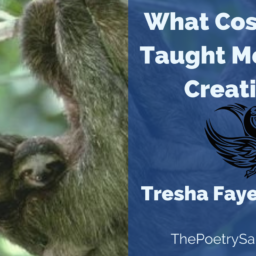

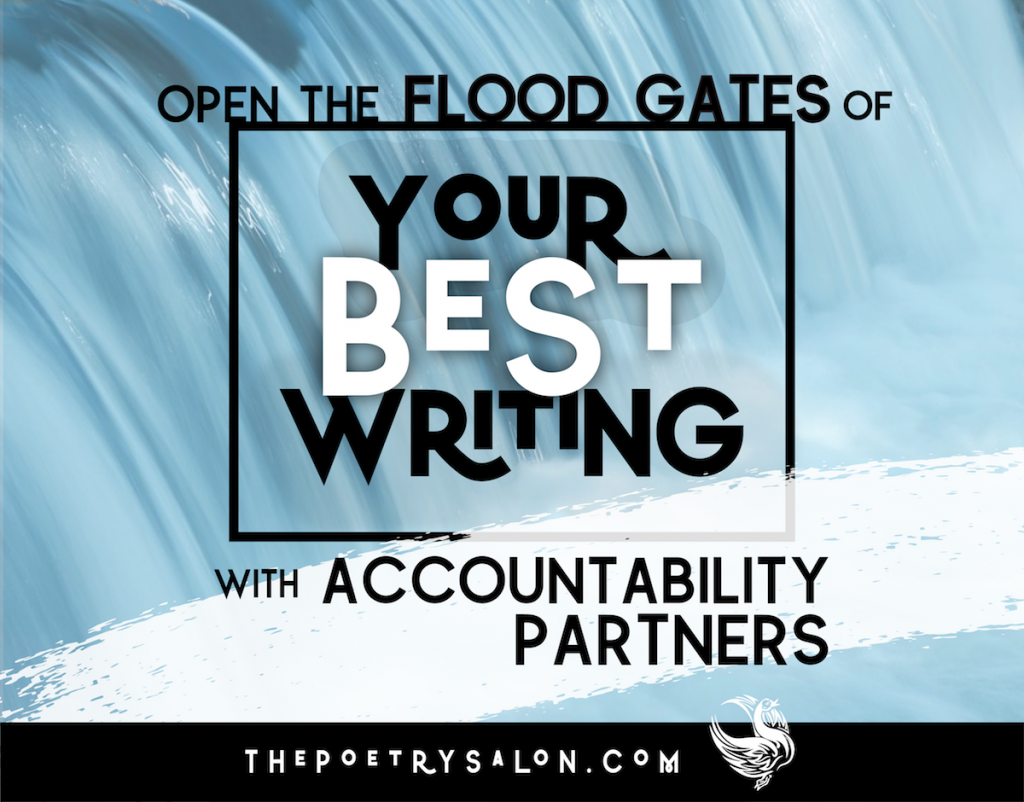


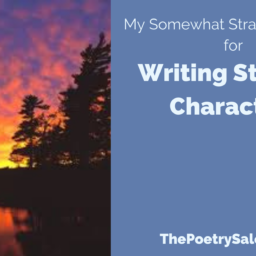
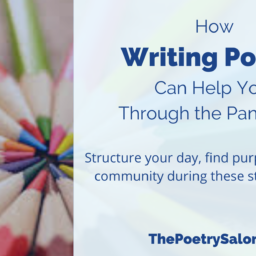
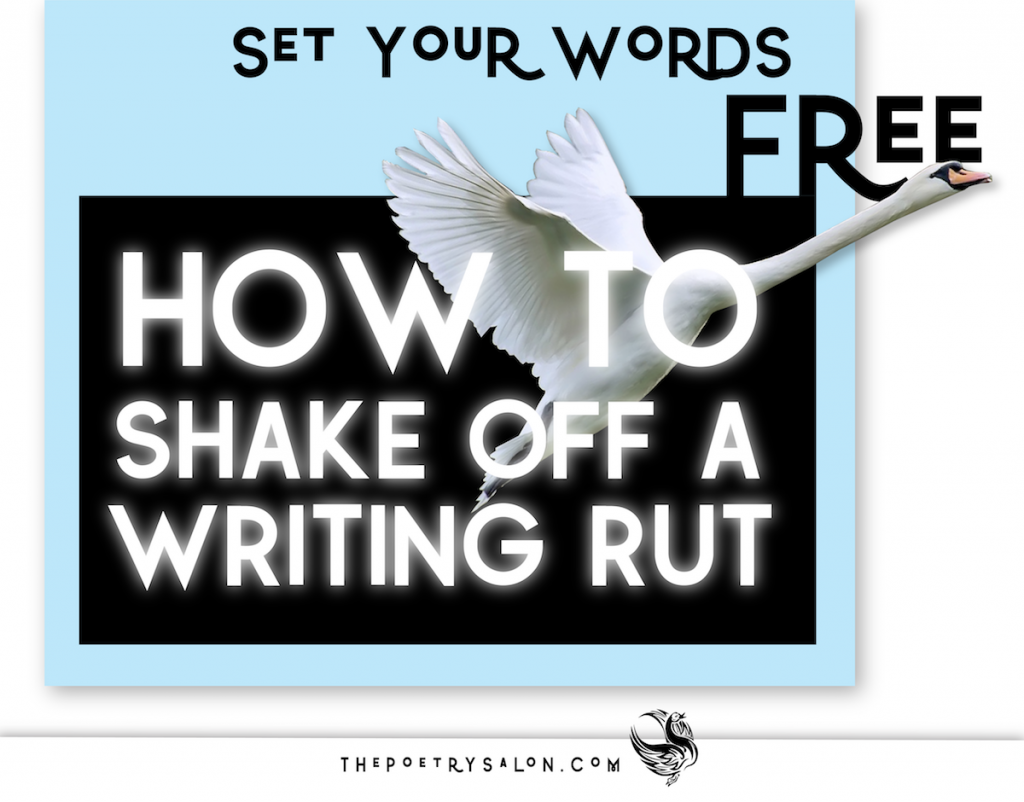
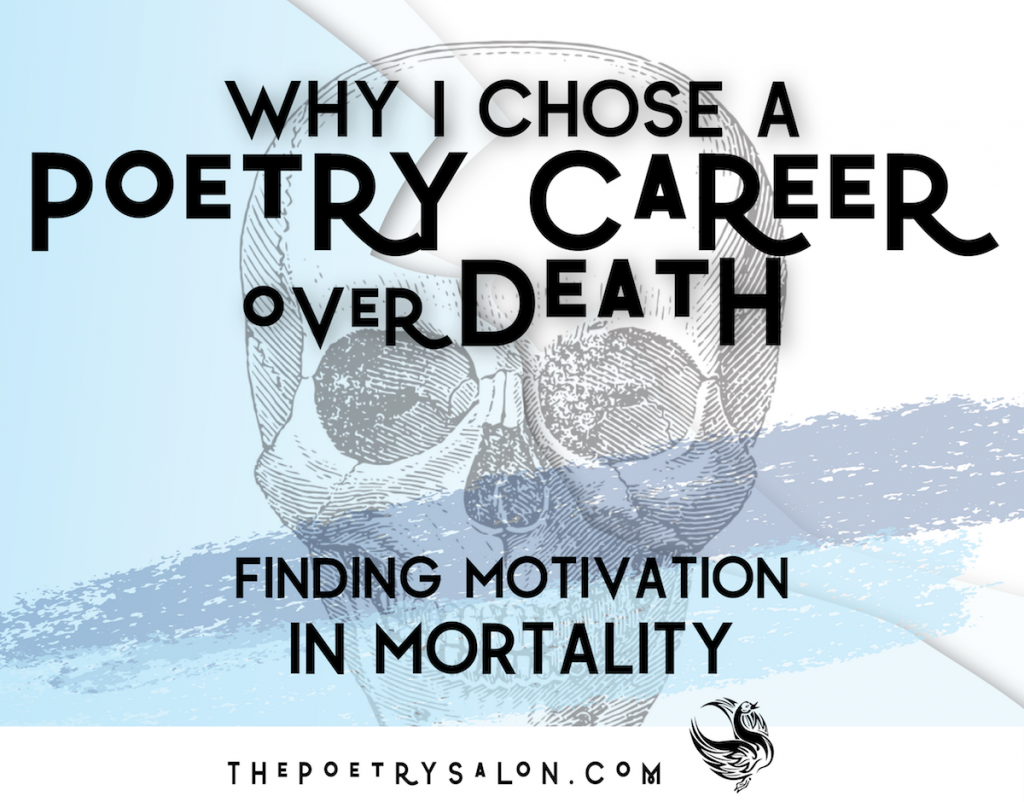
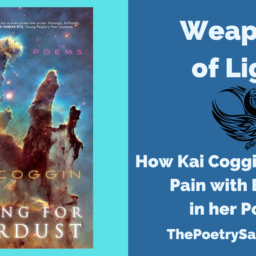

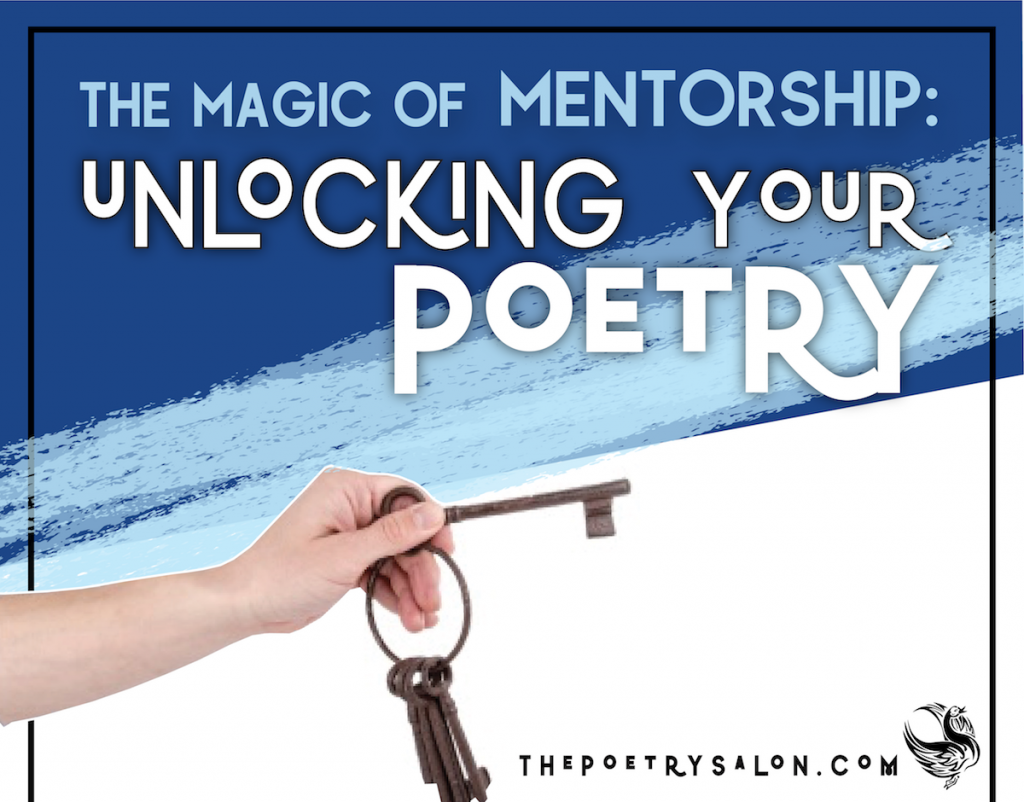
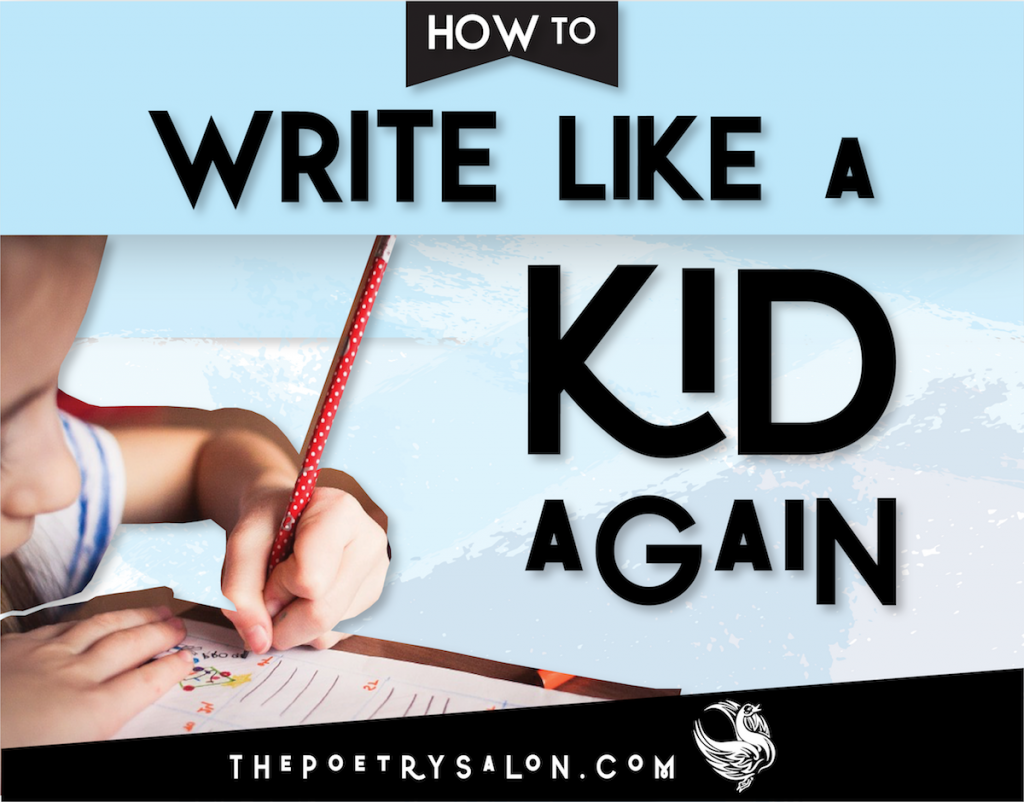
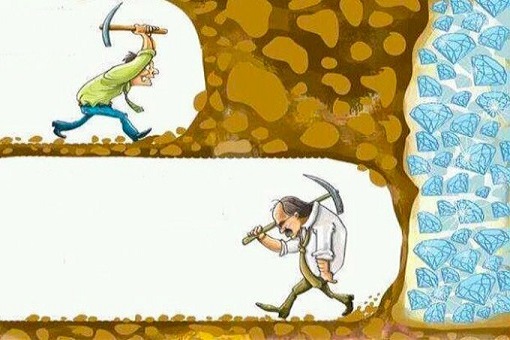
My mom has written amazing poetry. How can I earn money through it? Please help. Thank you!
I need to find out how the e poetry 20 week class works. when it starts. how it is structured. I see on one to email to with questions. the description is bare bones.
Yeah, but HOW do you make the money with your poetry?